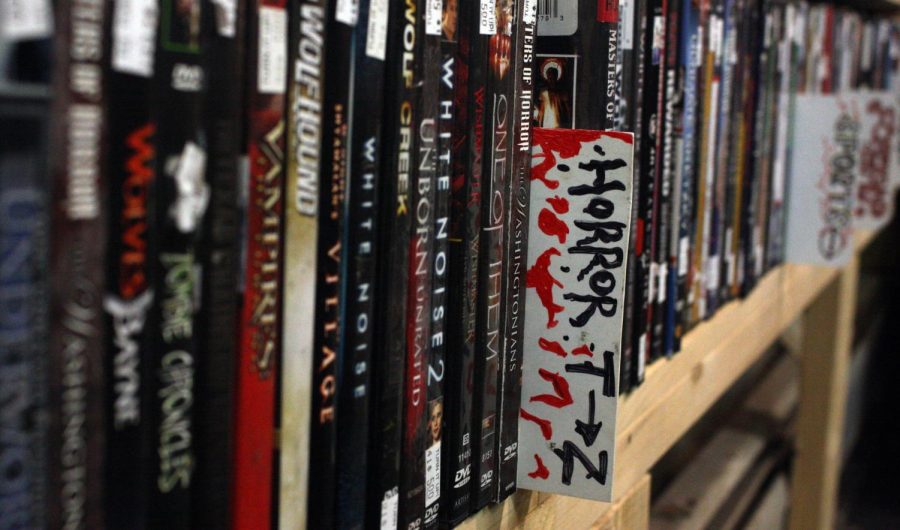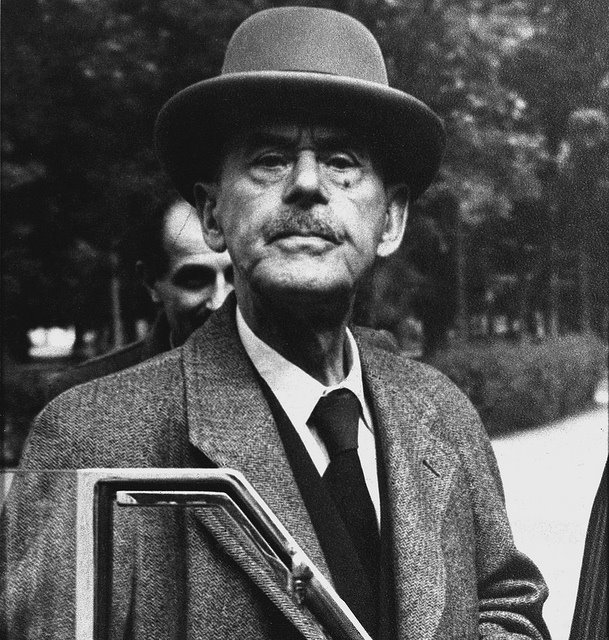
Jay-Z is a titan of hip-hop, and he knows it, and he knows that all of you know it, too. And in his new book, he is ready to level with you about what it all means. The book is called “Decoded,” and even for a rapper who breaks character about three or four times per album, Shawn Carter spends much of his foray into non-fiction deciphering his own various personas.
“Decoded” is jacketed in blank white with a gold-embossed, Rorschach-style inkblot on the cover. The glitzy inkblot is actually a piece of art by Andy Warhol, and it suits the book well. It is as flashy, as symmetrical, as universal, as instantly recognizable and as widely misunderstood as hip-hop itself is. Its source material also suggests a certain degree of psychological depth, and the meat of the book does not disappoint.
The content of the book is divided between chapters of autobiography and sections of Jay-Z song lyrics, annotated by Carter himself. The autobiography moves between his own life’s story (starting, of course, with the day he first witnessed a rapper in action), the larger story of hip-hop’s development, and moments of reflection. He dispenses reflection on his own stories, reflection on hip-hop, and more general life reflection, which he describes in the book (in the context of his lyrics) as “moments of snap philosophy.”
On the Jigga-realism continuum of Shawn Carter all the way to J-Hova (the hip-hop god of Brooklyn), the voice behind most of his music falls somewhere in the middle, as the Tony Montana-idolizing hustler, Jay-Z (a pseudonym he recognizes in the book as a self-generated character), whom we know and love. “Decoded” is written from the less often heard, more soft-spoken voice of Shawn Carter, the kid from Marcy. Carter still throws in the more-than-occasional street slang, but it comes off as his natural vernacular rather than posturing. The writing is so well-reasoned and deliberate that one hardly notices his casually referring to Big Daddy Kane’s flow as “sick.” Besides which, he is constantly pausing within the book to remind the reader of the meaning and greater implications of various slang terms.
The way the book is organized, with chapters of personal autobiography bookended by lyrical analysis, makes it function just as well as a coffee table book as it does a serious read. The chapters of autobiography could easily have been contiguous if the annotated lyrics were released separately.
The book’s organization also adds to the universality of the book’s appeal. If you know somebody who is still unconvinced of hip-hop’s artistic merit (poor ignorant soul that this somebody must be) – there is a good chance that they will find the error of their ways somewhere between Carter’s comprehensive firsthand history of its development as an art form since the late 70s and his equally comprehensive annotation of his own lyrics; the story is irresistible, and artistry is undeniable. If you know a consummate Jay-Z fan, who already embraces hip-hop’s story as their own – they will completely devour his memories of hustling and interacting with hip-hop legends in their prime, and they will delight in his careful elucidation of the layers of arcane reference in the lyrics of songs they already love.
That question of hip-hop’s artistic merit is one of the most fascinating threads that Carter follows throughout the autobiographical chapters. True to the culturally kaleidoscopic nature of hip-hop, he discusses it from every possible angle: his own perspective, of course; the perspective of young people growing up in a similar environment as himself, as well as those in wildly different environments; the perspectives of those who came before him, those who came after him, those who entered the world of hip-hop as a hustle, those who approached it as a passion (he counts himself as somewhere in between); he also notably discusses the perspectives of some of the other living titans of the world. He recounts his conversations about hip-hop (among other things) with Bill Clinton, Barack Obama, Bono, Michael Jordan, Oprah Winfrey, not to mention countless legendary rappers. One story involving Biggie Smalls, a boat and a blunt will leave any rap fan in stitches.
On the flip-side, his discussions of the lyrical technique of dozens of other rappers are all very much from his own perspective, but also much more in depth. He analyzes meter, rhyme, phonetics, meaning, all in thought-provoking service of his overall assertion of hip-hop as art. This is, of course, not to mention the ridiculously in-depth discussion of his own lyrics. The density of some individual lines is absolutely mind-blowing.
Putting all intellectual considerations aside, the book is just unbelievably entertaining. Stories of the “game,” slinging crack on street corners both far from home and right at his doorstep, evading cops, building a business – it’s all just as thrilling as his music. The true story behind “99 Problems” is eye-opening, to say the least.
“Decoded” would make a pretty nifty gift for the rap aficionado in your life – or for the musical curmudgeon, if you want to do your part in stoking the fires of hip-hop’s confrontational spirit. It is pretty to look at, a lot of fun to think about, and very difficult to put down. It presents hip-hop culture in a way that is at once gloriously sweeping and intimately honest, and it is all true. It doesn’t get more real than Jay-Z.
Garth Brody can be reached at [email protected].






